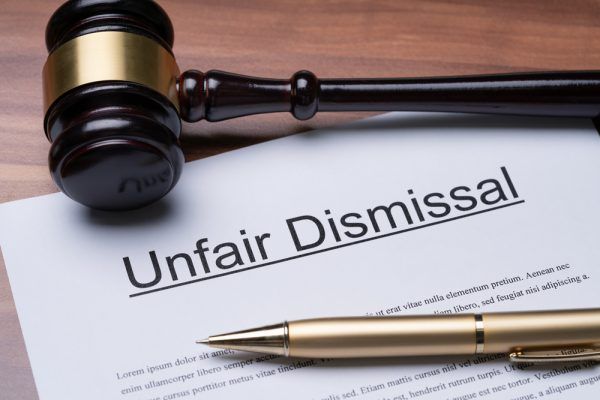When can you have a lawyer represent you at the Fair Work Commission?
If you are a party in a proceeding in the Fair Work Commission (FWC) and the matter is listed before a FWC member for a hearing or conference, you will not have an automatic right to be represented by a lawyer. You (or your lawyer) will need to seek the permission of the FWC member to have a lawyer represent you.
FWC processes are intended to be conducted with a degree of informality and not in a legalistic way. However, in reality, most of the issues that need to be resolved in an FWC process usually involve some application of legal principles and can be very complex.
The FWC will determine requests for legal representation having regard to whether this would:
- enable the matter to be dealt with more efficiently, taking into account the complexity of the matter;
- be unfair not to allow the requesting party to be legally represented because it is unable to represent itself effectively; and
- be unfair not to allow the party to be legally represented taking into account fairness between that party and the other parties in the same matter.
In ERGT Australia v Govender (2021), an employer sought permission to be represented by a lawyer in a hearing about whether the FWC had jurisdiction to deal with an unfair dismissal claim made by its ex-employee.
The employer argued firstly that legal representation would enable the matter to be dealt with more efficiently, taking into account the complexity of the matter.
The FWC Full Bench rejected the assertion that jurisdictional issues are by their nature complex and ruled that the question of whether permission for legal representation should be granted on this ground should be determined after a case-by-case assessment. In this case, the FWC was not persuaded the substantive matter was sufficiently complex.
The employer also argued it would be unfair not to allow it to be legally represented because it was unable to represent itself effectively. The FWC agreed that the employer might be more effectively represented if granted permission to be represented by a lawyer but this wasn’t enough. The Full Bench noted that context was important in weighing this factor, including the fact that the substantive hearing was to be heard by way of determinative hearing and the parties could make written closing submissions, which would mean the employer would not need legal representation. The FWC also noted the employer had a dedicated human resources team.
Get the latest employment law news, legal updates, case law and practical advice from our experts sent straight to your inbox every week.

